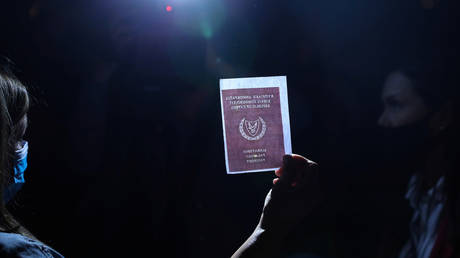
The European Commission have issued formal notice to the Cypriot and Maltese governments over ‘golden passport’ programs, claiming the lucrative schemes are in violation of EU law.
On Tuesday, European Commission (EC) Vice President Maroš Šefčovič said that “infringement procedures” are being launched against the two island member states which have operated long running programs offering EU passports in exchange for significant investments.
Cyprus and Malta now have two months to respond to the letters of formal notice. Should the response not be satisfactory, the EC can refer them to the EU Court of Justice and ultimately issue penalties.
In a statement published on Tuesday, the EC reiterated its concerns about the programs, stating that the sale of citizenship “is not compatible with the principle of sincere cooperation” and “undermines the essence of EU citizenship.”
The Commission has raised concerns about a similar program in Bulgaria, but Greece and Portugal also have such schemes.
It is believed that the programs are utilized for illicit purposes, including money laundering. EC Values and Transparency Commissioner Vera Jourova reiterated these concerns.
Whilst the EU cannot ban countries from operating these cash for passport programs, it can mandate nations to require “effective residence,” meaning the person applying for citizenship has to have a regular or prolonged presence in the state where the application is made.
In August, Al Jazeera reported that a number of people who had applied for golden passports in Cyprus through the ‘Cyprus Investment Programme’ were under international sanctions, criminal investigation or serving prison sentences, which prompted several high profile resignations in Cyprus’ parliament.
Cyprus announced last week that it would end its ‘golden passport’ program on November 1, the Commission notes that the country plans to continue processing current applications.
The government has issued around 4,000 Cypriot passports throughout the course of the scheme, reportedly generating more than seven billion euro.
Malta has also announced it will introduce stricter vetting and make sure applicants have resided there for a year before they can be considered for citizenship.
Like this story? Share it with a friend!




